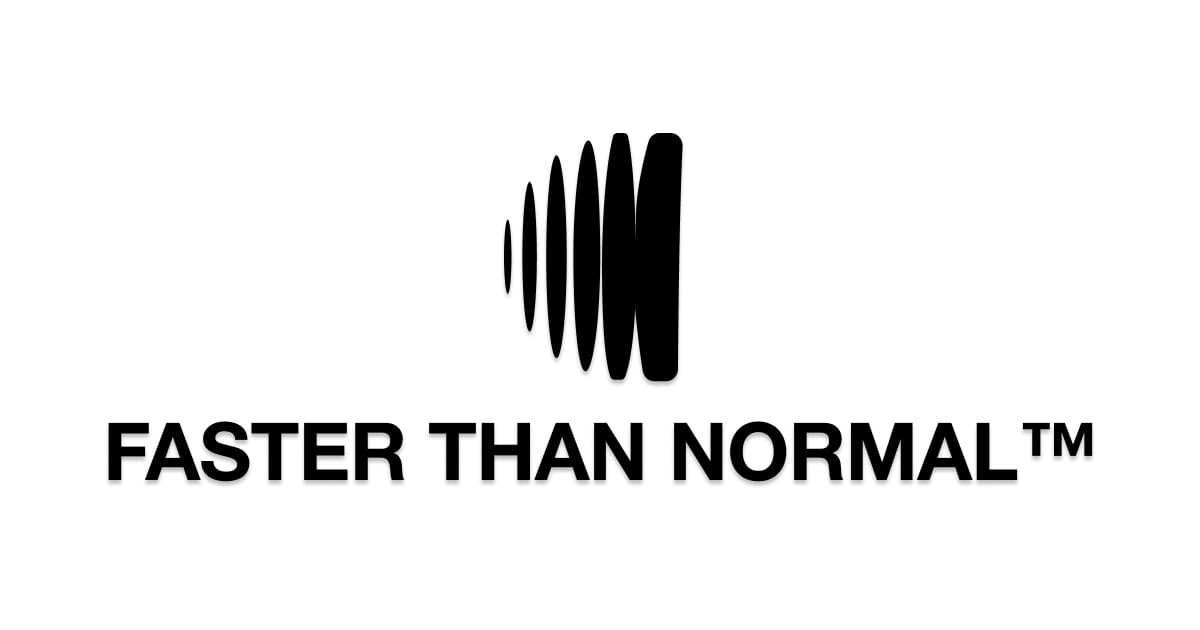
Today’s Fast Summary:
A conversation’s substance plays a significant role in our mental health. The more substantial our conversations, the happier we’ll feel.
The Rose-Bud-Thorn framework is a series of questions that facilitates more substantial conversations.
Use this framework to cultivate meaningful connections with those around you.
Hire remote employees with confidence

“We need a front-end developer by Tuesday, but it’ll take months to find someone in the U.S.”
Ever feel like that’s you? Well, we have you covered with some exciting news. We at Faster Than Normal just found the secret weapon for ambitious companies: the talent platform, Athyna.
From finance to creative, ops to engineering, Athyna has you covered. Oh, and did I mention they hire the best global talent so you’ll save up to 70-80% from hiring locally?
No search fees. No activation fees. Just incredible talent, matched with AI precision, at lightning speed. Don’t get left behind, hire with Athyna today.
How To Have More Meaningful Conversations. The Rose-Bud-Thorn Framework.
Meaningful conversations are the basis of strong relationships. But, for many, these don’t come naturally. Deep conversations often feel probing and are difficult to facilitate.
However, research shows that a conversation’s substance plays a role in our mental health. The more substantial a conversation, the happier we feel afterward.
Many mistakenly believe that we need to ask better questions. We don’t need to ask better questions, just the right ones.
The Rose-Bud-Thorn framework involves a series of specific questions that reveal underlying information.
Rose-Bud-Thorn originated with the Boy Scouts of America, who were often encouraged to discuss their rose, bud, and thorn. The practice enhances logic and problem-solving skills.
It is a way to structure a conversation to be more meaningful and engaging.
How does it work?
The Rose-Bud-Thorn framework involves asking someone to identify a positive (the rose), something that could potentially be positive (the bud), and a negative (the thorn).
The Rose-Bud-Thorn framework is not about selfishly craving a revealing conversation. Instead, it facilitates meaningful dialogue, paving the way for potential connection.
Most people want to share and process their thoughts and feelings; they just haven’t taken the time to do it. Answering these questions may be the first time they have stopped to think about their lives in days, weeks, or months.
Some people might say they don’t have one for these categories: Challenge them to think of something. Small events operate as well as larger ones.
Use these three questions to learn more about those around you and help them reflect on their own lives.
Step 1: The Rose
Roses are widely considered a symbol of beauty: Their petals are soft, and they smell incredible. Few people think of nasty things when they think of roses.
The ‘rose’ is the best thing that happened to you.
When in conversation, ask the other person about their rose. Use phrasing like, “What was the best part of your day?” or, “What were you most proud of today?”
With this open-ended question, you hear what they enjoy, love, and want to see more of.
Step 2: The Bud
The bud hasn’t blossomed like a rose, so you can’t yet enjoy its beauty. But, unlike a thorn, a bud is a good thing. It’s a sign of hope.
After the first question, ask them to identify their ‘bud.’ Ask, “What are you excited about?” or, “What are you most looking forward to tomorrow?”
When someone shares what they’re excited about, you can’t help but hear their heart, see their dreams, and connect with their desires.
Step 3: The Thorn
Neither roses nor buds can cut you, but thorns can. Thorns are negative events and experiences. But like thorns in real life, no thorn can truly kill you. The ‘thorn’ represents the other person’s opportunity to share their struggles and fears.
Humans emotionally respond to vulnerability. As Brene Brown says, “Vulnerability is the currency of human connection.”
Question them about their thorn. Ask, “What was your biggest challenge today? Provoking vulnerability creates lasting connections.
Other Applications
The Rose-Bud-Thorn framework is commonly used by teams in professional settings. Often called a “Rose-Bud-Thorn Retrospective,” it allows participants to interpret data and reveals focus areas through data analysis.
In this version, everyone in a meeting or space writes out the strengths, challenges, and weaknesses of a project, product, or design on three sticky notes, each corresponding to a rose, a bud, or a thorn.
Similar to the photo below, a group member collects the notes and arranges them on a wall. Then, the group discusses what the colors reveal.
The Rose-Bud-Thorn Framework fosters meaningful connection through questions, but it is the answers that make the practice meaningful.
Apply this today and watch your relationships blossom.

This week, try incorporating the Rose-Bud-Thorn Framework into your day. Record your findings somewhere reliable, and repeat this practice daily to strengthen your problem-solving skills and to become more self-aware.
This week, try the framework with someone else.
Choose any one: A friend, acquaintance, or a stranger. Strike up a conversation.
Life is too short for small talk.
Conclusion
I’d love to hear from you:
Who might you use this framework with?
What other conversation frameworks can you think of?
Tweet at me (@_alexbrogan) or respond to this email — I’ll try to respond to everyone.
Have a wonderful Saturday, all.
Until next time,
Alex



